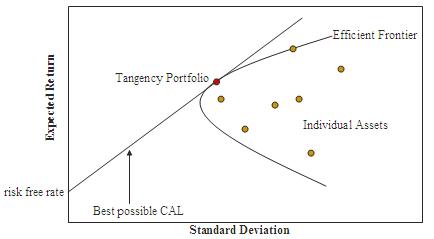Basics
I have a very simple answer to this supposedly complex question: choose a job that allows you to (1) do what you really like and (2) be very good at it.
Your happiness and productivity are what matter the most, and they are direct products of the two conditions above.
There are other important things, such as pay, reputation, location, and colleagues, but they matter much less, especially in the long run.
This simple strategy works superbly for me so far, even though it can produce unconventional choices that seem puzzling. But what you think about your life is more important than what others think about it.
Types
[Added on February 22, 2015]
The main types of CS jobs include: engineer, researcher/scientist, professor, and entrepreneur. (Manager is part of all these and thus not explicitly listed.)
I have been through the first three and will do the rest before I die.
Here is my suggestion based on personal experience.
Being an engineer/researcher/scientist in a top, reasonably established company is likely the best choice as a first job for most fresh PhD graduates. You will have a relatively stable environment to focus and strong colleagues to help you grow and network. You will also learn the crucial lessons about practicing in the real world.
(I cannot emphasize more on the importance of all these especially the last one; you will see as time passes.)
I do not recommend starting as an assistant professor as that will require a lot of efforts outside core research and advising, such as teaching and funding, which are good exercises but more suitable when you become senior.
You may also miss out practical experiences unless you can have strong industry collaborations.
Only join schools that can attract students who are (or can become) good enough to conduct top-notch research under your supervision; otherwise you are wasting your time.
Being part of a startup has the workload issue multiplied, and I prefer to found my own company as a professor and/or at the rear end of my career (due to lower opportunity cost, which I know is in contrast to the young entrepreneur culture in the bay area).
Bottom line: the exact job probably does not matter that much anyway if you can be happy and productive.


